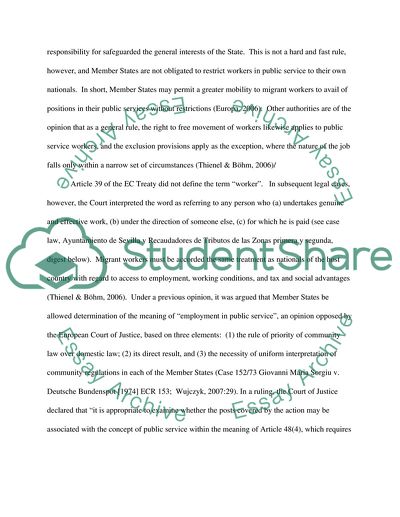Cite this document
(Cross-Border Mobility of Public Sector Workers Coursework, n.d.)
Cross-Border Mobility of Public Sector Workers Coursework. Retrieved from https://studentshare.org/social-science/1742909-european-law
Cross-Border Mobility of Public Sector Workers Coursework. Retrieved from https://studentshare.org/social-science/1742909-european-law
(Cross-Border Mobility of Public Sector Workers Coursework)
Cross-Border Mobility of Public Sector Workers Coursework. https://studentshare.org/social-science/1742909-european-law.
Cross-Border Mobility of Public Sector Workers Coursework. https://studentshare.org/social-science/1742909-european-law.
“Cross-Border Mobility of Public Sector Workers Coursework”, n.d. https://studentshare.org/social-science/1742909-european-law.


